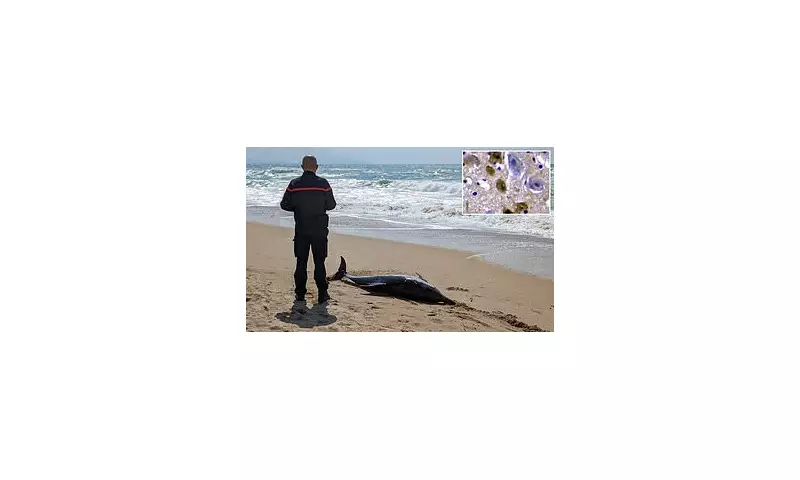
In a startling breakthrough that bridges marine biology and human medicine, researchers from Scotland have uncovered disturbing evidence that wild dolphins are developing brain abnormalities mirroring those found in human Alzheimer's patients.
The Scottish Coastline Discovery
Scientists from the University of Glasgow made this unprecedented finding while examining stranded dolphins along Scotland's coastline. The study, published in the European Journal of Neuroscience, represents the first time such clear Alzheimer's-like pathology has been identified in wild animal populations.
Three Key Alzheimer's Markers Identified
The research team discovered three classic hallmarks of Alzheimer's disease in the dolphin brains:
- Amyloid-beta plaques - protein clumps between nerve cells
- Phosphorylated tau - tangled proteins inside brain cells
- Gliosis - inflammation of brain tissue
These identical changes in human brains are known to disrupt neural communication and eventually destroy memory and cognitive function.
Ocean Pollution: The Suspected Culprit
Researchers point to environmental contamination as the likely trigger. Dolphins, being long-lived predators at the top of the food chain, are particularly vulnerable to accumulating toxins from polluted waters.
'These animals are acting as sentinels for ocean health,' explained lead researcher Dr Mark Dagleish. 'What we're seeing in their brains could be warning us about the long-term effects of marine pollution on brain health.'
Implications for Human Health
While the study doesn't prove dolphins experience dementia symptoms as humans do, the identical brain pathology raises crucial questions. The research opens new avenues for understanding how environmental factors might contribute to neurodegenerative diseases in both animals and humans.
Professor Frank Gunn-Moore emphasised the broader significance: 'This discovery provides a unique natural model to study Alzheimer's development outside human patients, potentially accelerating our understanding of this devastating condition.'
A Warning From the Deep
The findings serve as a dual alert - highlighting the urgent need to address ocean pollution while offering unexpected insights into one of humanity's most challenging medical conditions. As these marine mammals struggle with human-like brain changes, they may hold keys to unlocking Alzheimer's mysteries that have puzzled scientists for decades.





